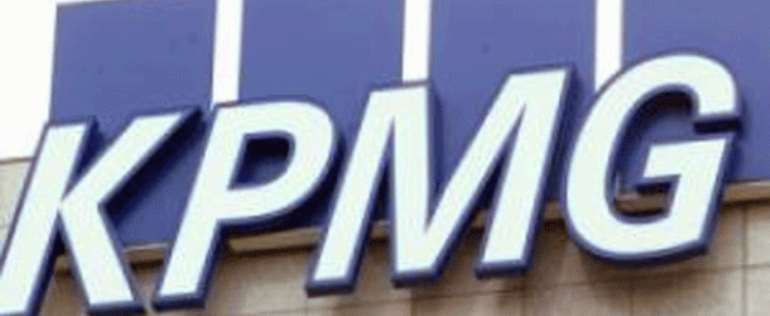KPMG advises SMEs on cash management techniques

KPMG has cautioned entrepreneurs and owners of Small and Medium Scale Enterprises to ensure proper cash management in their activities and businesses.
This, the firm said, would go a long way towards improving their activities and ensuring that their businesses remained afloat.
The Partner and Chief Operating Officer, KPMG, Mr. Yomi Sanni, who stated this said that entrepreneurs should learn to avoid pitfalls that could lead to collapse in their business.
Speaking at the KPMG Alumni Seminar in Lagos on Thursday, Sanni also advised business owners to ensure that they studied the business environment critically before taking any business decision.
Also speaking, a professor of entrepreneurship of IE Business School, Spain, Mr. Peter Bryant, called on entrepreneurs in Nigeria to focus on customer acquisition and proper management of cash if they intend to avoid pitfalls that will lead to the collapse of their businesses.
Bryant, in a presentation titled: 'Entrepreneurial mistakes and how to avoid them,' said one of the mistakes entrepreneurs make is that they squander cash too fast without understanding their runway to revenues, while others raise money, then think of ways to spend the money.
According to him, to avoid this mistake, entrepreneurs should be able to understand how long their cash will last to achieve revenues, while urging them not to seek too much cash as it will make them complacent and careless.
Another mistake, Bryant said, is the situation where entrepreneurs seek investors rather than customers. This, he said is due to the fact that most entrepreneurs pursue capital and not revenue.
He advised entrepreneurs to make customers' acquisition a part of their funding strategy, while focusing on strong revenues, as it helps improve valuation and reduce financial pressures.
He listed the mistakes entrepreneurs make to include: ignoring competition; having the notion that customers will always come, believing that winning one per cent of $1bn is easy; deferring decision due to uncertainty and engaging in unethical conduct with the belief that no one will find out.
He also advised entrepreneurs to search widely to identify current and potential imitators, and also urged them check often, as competitors' initiatives and startups may be difficult to see.
'Entrepreneurs should ask themselves if the market really exist if there is no competition,' he stated. (Punch)
